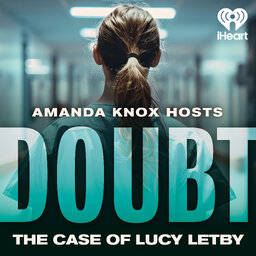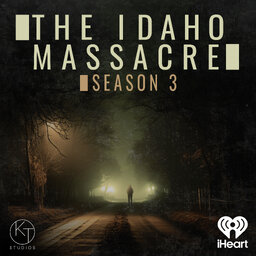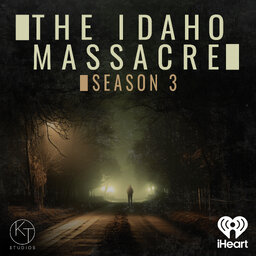Is a killer born or made? Is there anything in Bryan Kohberger’s background that could point to him becoming a killer or the potential murderer in this crime?
Check us out online:
In 1 playlist(s)
The Idaho Massacre
On November 13, 2022, four students from the University of Idaho are brutally stabbed to death in an…Social links
Recent clips

Introducing: DOUBT: The case of Lucy Letby hosted by Amanda Knox
02:12

Listener Questions
26:03

After the Headlines
26:05
 The Idaho Massacre
The Idaho Massacre